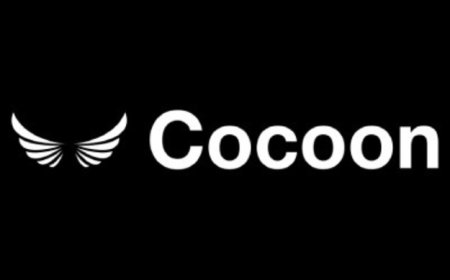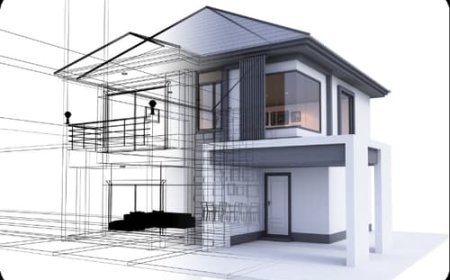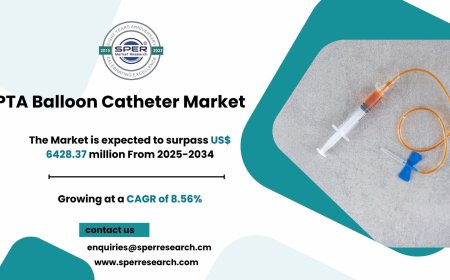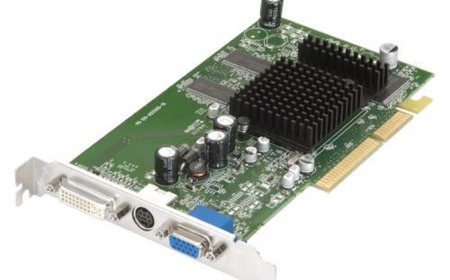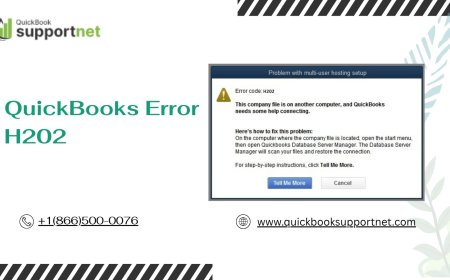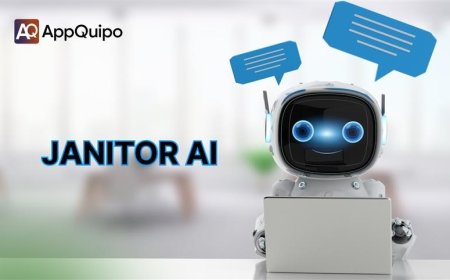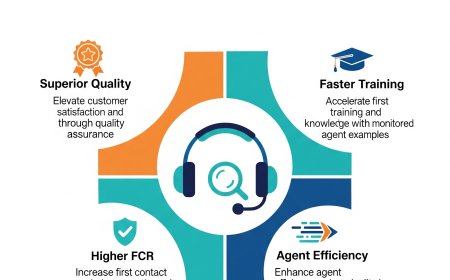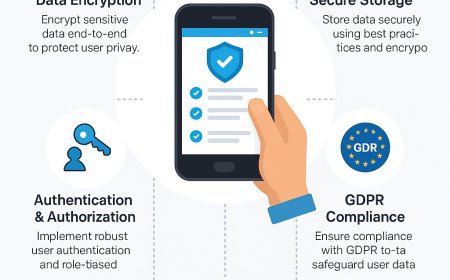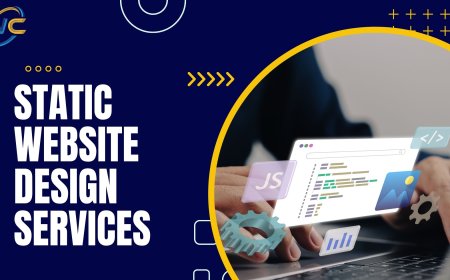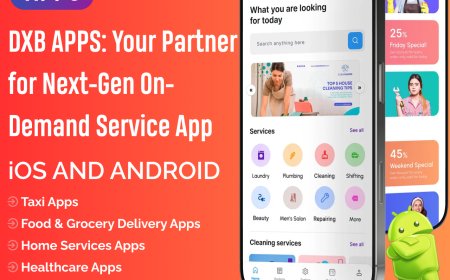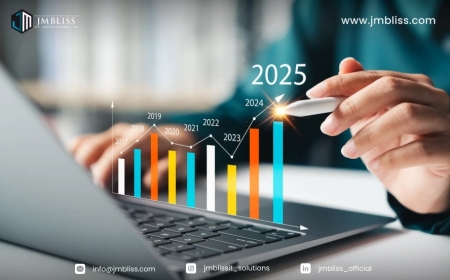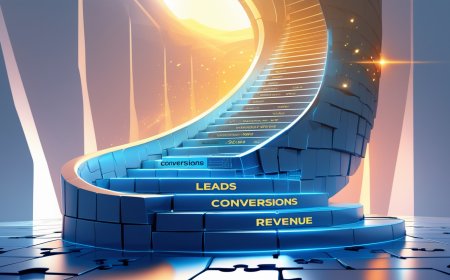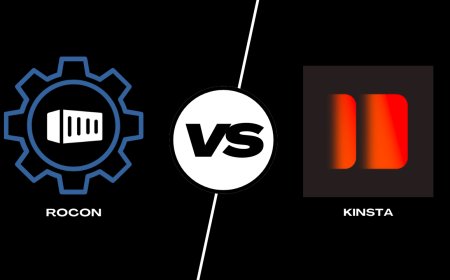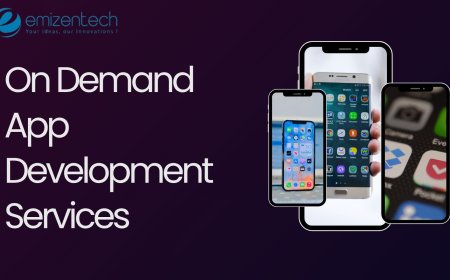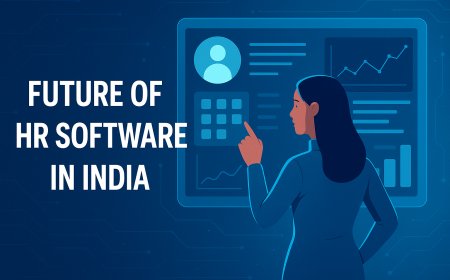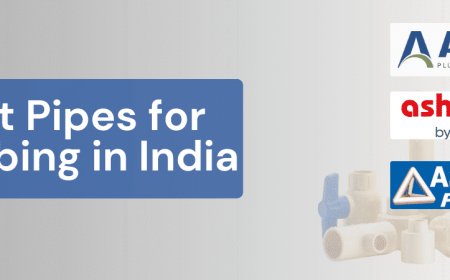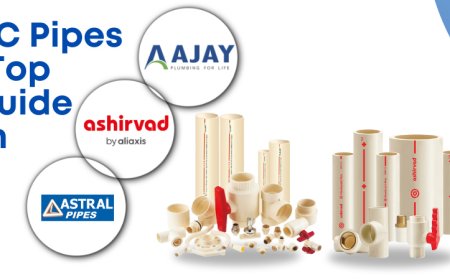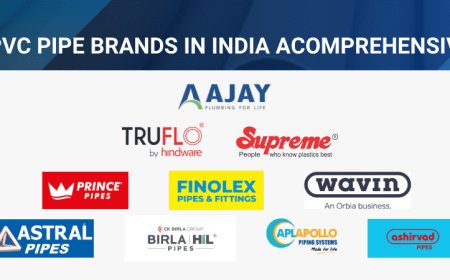What Is IoT in Software Development?
IoT is no longer just a technical trend—it is a strategic enabler for innovation in software development.
The rapid expansion of connected devices has introduced a powerful shift in the way modern software is being built. The Internet of Things (IoT), once a futuristic concept, is now at the core of how businesses operate, monitor, and deliver value in real time. Software development has been transformed by the integration of sensors, machines, and data streamscreating opportunities for efficiency, automation, and insight across nearly every industry.
What Is IoT?
IoT refers to a system of interconnected physical devices that collect and exchange data through the internet. These devicesranging from wearable fitness trackers to industrial machinesare embedded with sensors, software, and connectivity tools. Through this network, real-time data is being generated and shared without human intervention, enabling smarter decision-making and automated responses.
Role of IoT in Software Development
In traditional software development, applications were often built for desktop or mobile use with static data and isolated functions. With IoT, development practices are being redefined. Software now needs to process data from multiple sources, handle events instantly, and support real-time communication between devices and systems. Cloud services, APIs, and edge computing are being embedded into software design to support this dynamic flow of information.
Key Components of IoT-Enabled Software
IoT-driven applications are not built like conventional softwarethey rely on a multi-layered ecosystem. The following components are essential:
-
Sensors and Data Inputs: Devices gather environmental data such as temperature, motion, or location.
-
Communication Protocols: Standards like MQTT or HTTP are used to transmit data efficiently and securely.
-
Backend Processing: Data is analyzed, stored, and acted upon in the cloud or at the edge of the network.
-
User Interfaces: Dashboards and mobile apps allow users to monitor and interact with systems remotely.
-
Security Layers: Authentication, encryption, and access control are built in to protect sensitive data.
Industries Where IoT and Software Are Intertwined
IoT is not limited to smart homes or consumer gadgets. It is being widely implemented across sectors that rely on real-time data:
-
Healthcare: Patient vitals are monitored remotely using wearable devices and alerts are triggered for critical conditions.
-
Manufacturing: Machines are equipped with predictive maintenance sensors to prevent breakdowns.
-
Retail: Inventory levels are tracked in real time through smart shelves and RFID tags.
-
Logistics: Fleet vehicles and packages are monitored through GPS and condition sensors for accurate delivery tracking.
Challenges in IoT Software Development
Despite its potential, IoT presents unique challenges for developers:
-
Data Security: A larger network of connected devices increases the risk of breaches and demands stricter security practices.
-
Integration Issues: Legacy systems may not easily connect with new IoT-enabled platforms, requiring custom bridges or APIs.
-
Data Management: Massive data volumes must be filtered, stored, and processed efficiently.
-
Connectivity Limitations: Remote or unstable environments may impact device communication and require offline capabilities.
Tools and Technologies Used
Developers rely on a growing suite of tools and platforms to build IoT applications:
-
IoT Platforms: Services like AWS IoT, Azure IoT Hub, and Google Cloud IoT offer scalable backends for device management and data analysis.
-
Programming Languages: Python is used for data handling, C for embedded systems, and JavaScript for front-end dashboards.
-
Communication Protocols: MQTT and CoAP are optimized for lightweight, low-bandwidth communication, while BLE supports energy-efficient device pairing.
Benefits of IoT in Software Solutions
When IoT is integrated into software systems, the following benefits are delivered:
-
Automation: Repetitive tasks are reduced or eliminated through smart triggers and responses.
-
Efficiency: Real-time analytics help businesses make faster, more informed decisions.
-
Personalization: Applications respond dynamically to user behaviors and preferences.
-
Cost Savings: Predictive maintenance and process optimization reduce operational waste.
Future of IoT in Software Development
As the number of connected devices continues to grow, IoT is expected to become even more intertwined with software innovation. Artificial intelligence is being integrated with IoT systems to create predictive and autonomous solutions. Smart cities, autonomous vehicles, and intelligent manufacturing lines are being developed using adaptive software architectures that evolve through learning.
The demand for flexible, scalable, and secure software platforms is being accelerated by IoT's expansion, and development teams are adapting accordingly with more agile, cloud-native, and data-centric approaches.
Conclusion
IoT is no longer just a technical trendit is a strategic enabler for innovation in software development. By transforming static applications into responsive, data-powered ecosystems, IoT is allowing businesses to operate smarter, faster, and with greater insight. For companies aiming to lead in the connected world, investing in intelligent platforms is essential. Increasingly, this transformation is being supported by providers of custom software solutions in Canada, where localized expertise, regulatory knowledge, and technical capability are being combined to deliver industry-ready IoT applications.













